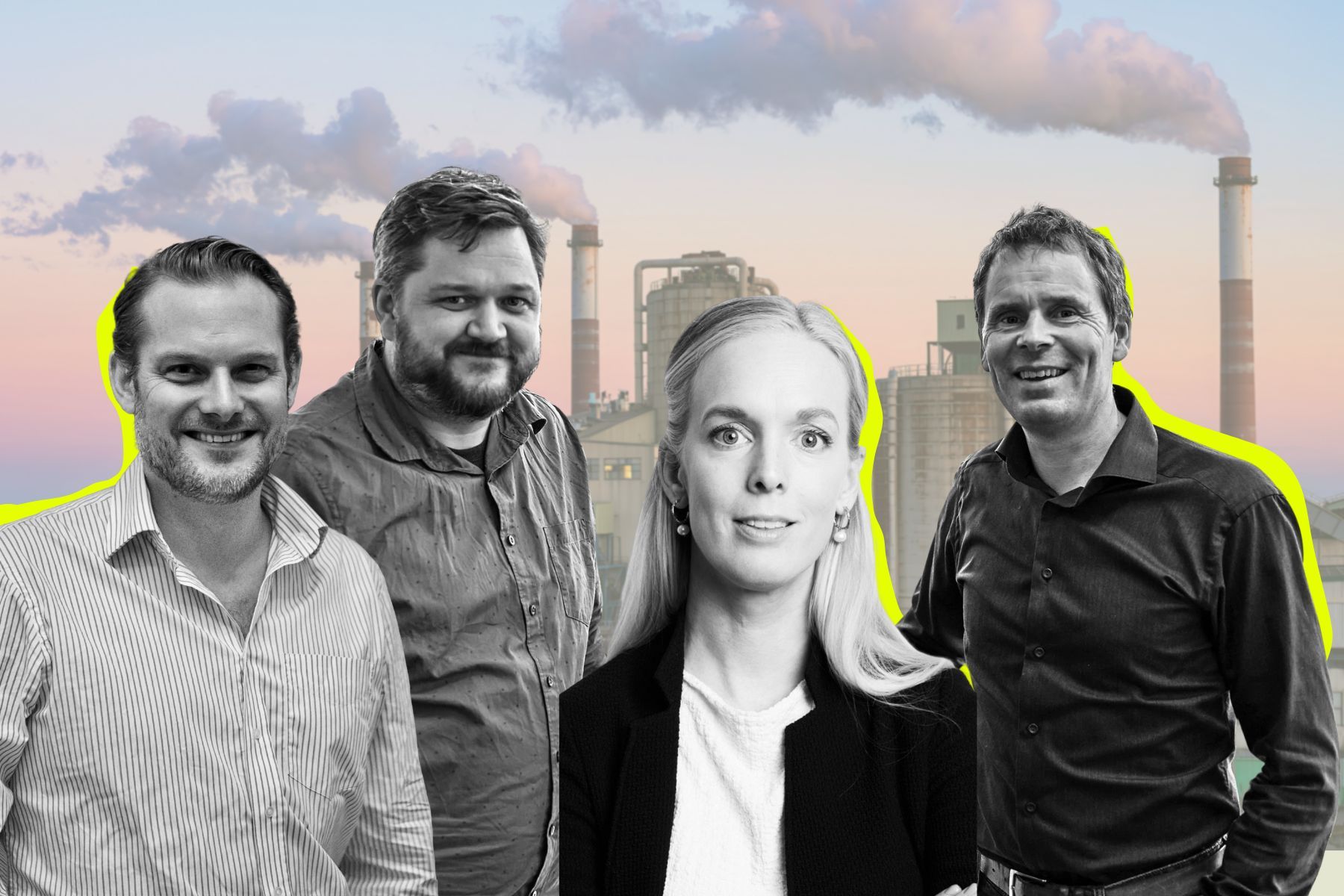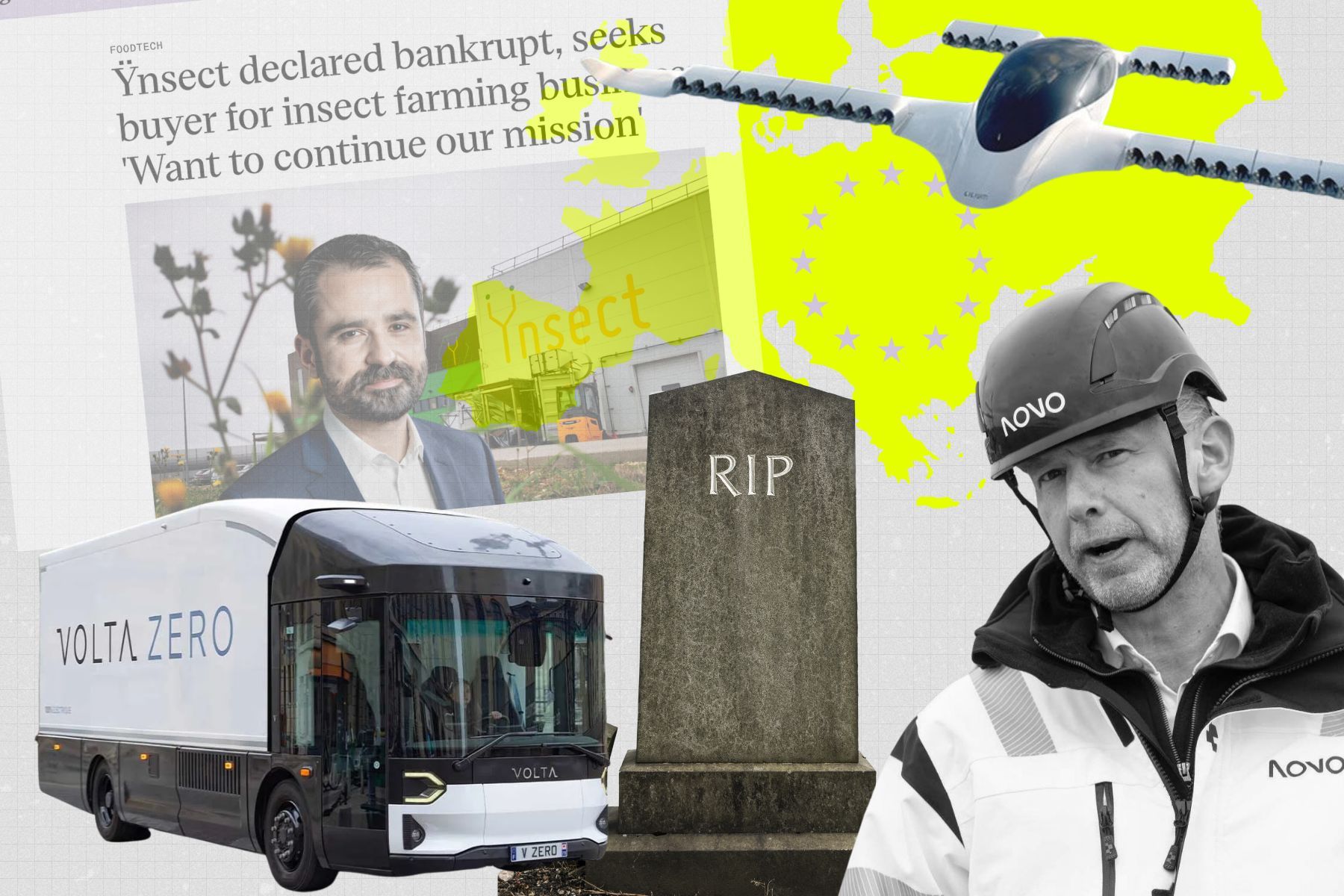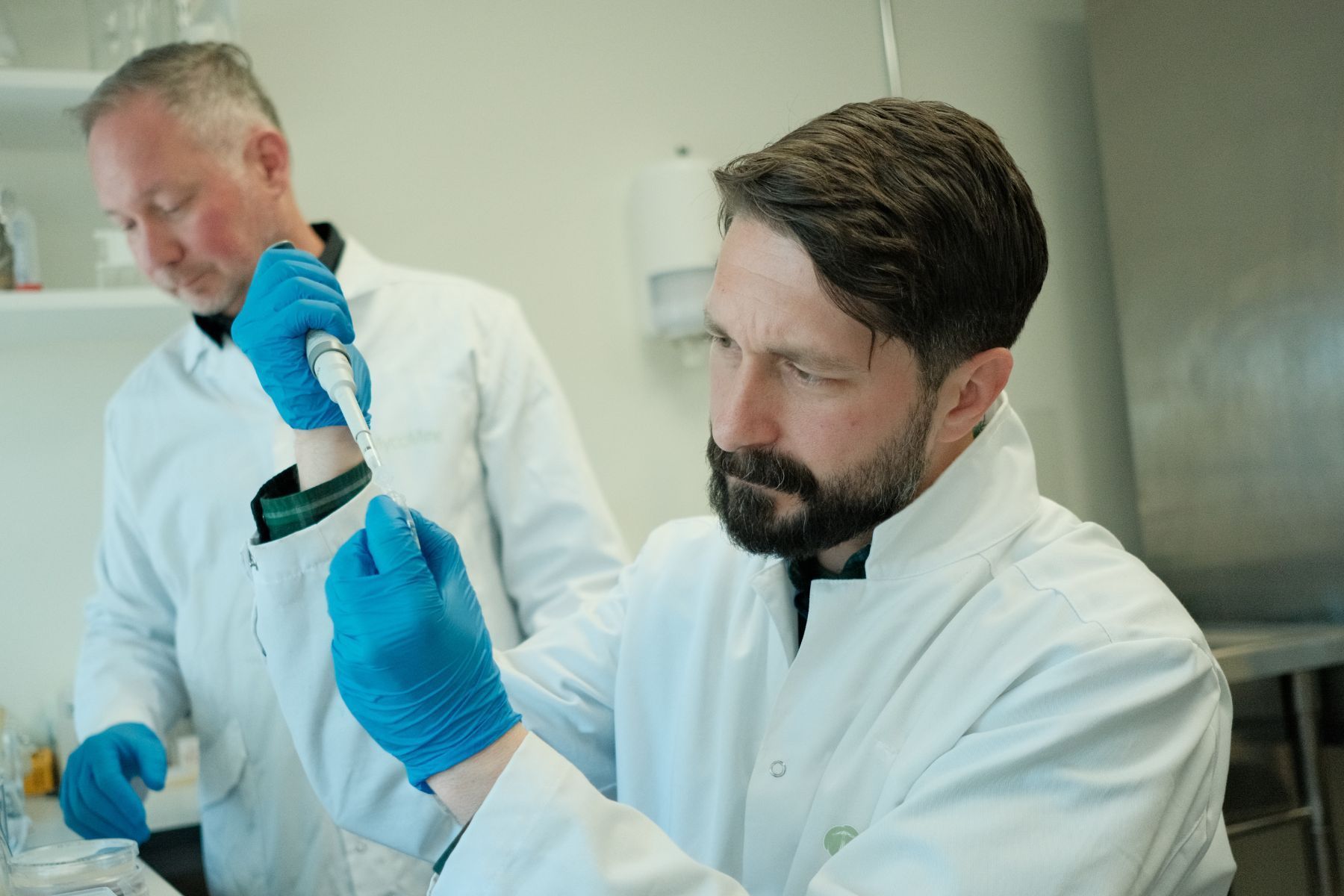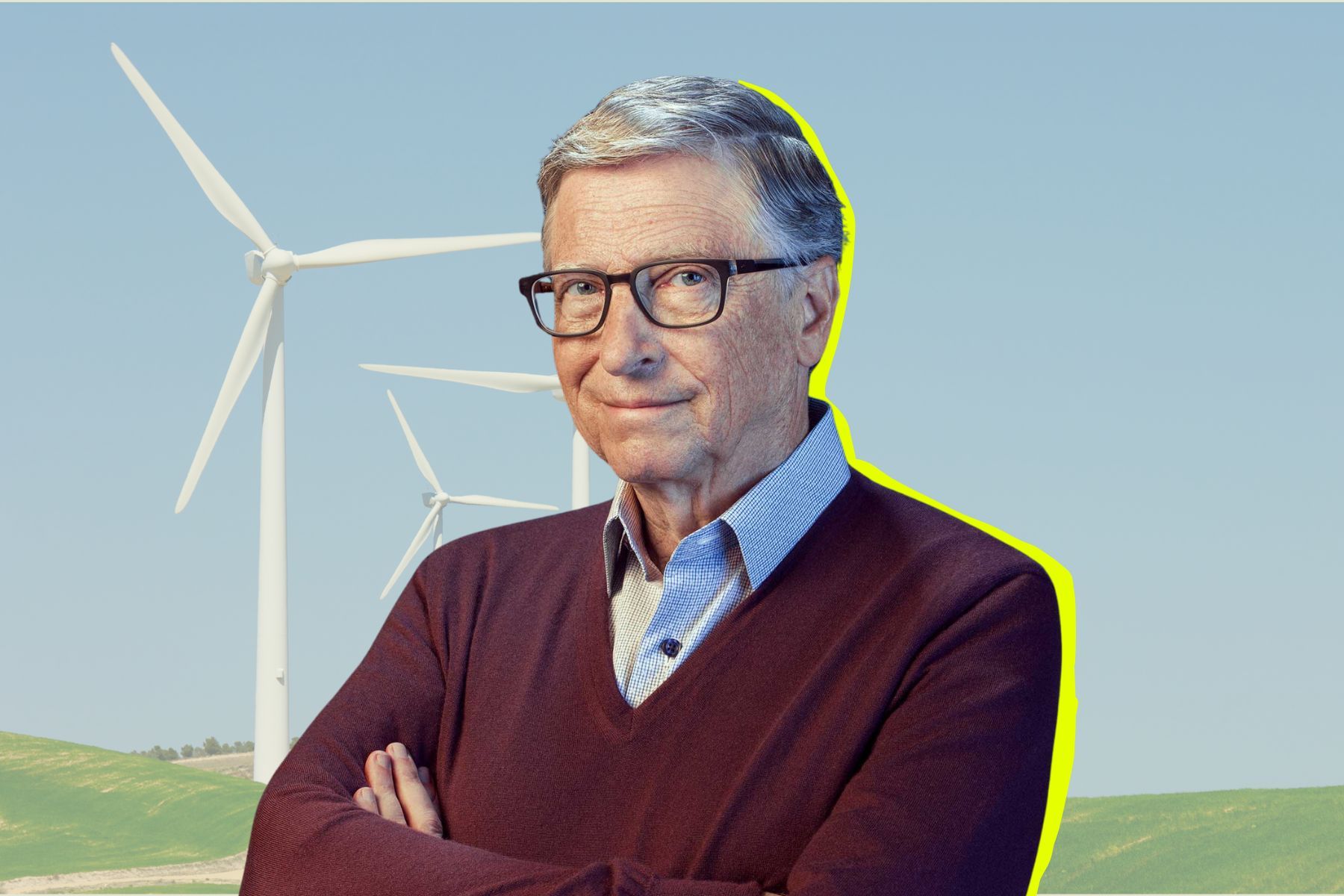Enerin bags €15M to turn a 200-year-old engine into the future of clean heat: 'All about economics'

This Norwegian startup is betting that a reinvented Stirling engine can provide industrial heat cheaper and more reliably – and investors including Climentum Capital and The Footprint Firm are buying in.<br><br>We spoke to Stefan Mård, partner at Climentum, to find out why they invested.
.png)

Norwegian industrial heat startup Enerin has raised €15m in Series A funding to push an industrial heating system based on centuries-old technology into serial production – and replace fossil-fuelled boilers at scale.
Climentum Capital co-led the round alongside The Footprint Firm, Johnson Controls, and Move Energy with participation from PSV Hafnium and Momentum Partners. The investment marks the first major step in Enerin’s plan to scale its system globally.
Stefan Mård, partner at Climentum, said his team had been tracking the industrial heat sector for years but found most heat-pump solutions too complicated, fragile, or expensive to deploy at scale.
“Most industrial heat today is still done with gas boilers. Clean heat mostly relies on multi-stage heat pumps – and they’re a nightmare to control,” he told Impact Loop in an interview.
Founded by industrial engineer Arne Høeg, Enerin claims its HoegTemp modules can deliver temperatures of up to 250°C while cutting energy use by 50–70%, using electricity paired with recycled waste heat. Similiarly to gas boilers, the system can be turn on, turned up, and turned off very easily.
“Today, customers care first about economics,” said Høeg. “HoegTemp makes clean industrial heating profitable compared to gas boilers.”
The machines, which are about the size of a small van, have already being piloted by GE Healthcare, Pelagia and IVAR IKS Biogas.
A Stirling engine comeback story
Instead of relying on complex multi-stage heat pumps, Enerin uses what it describes as a reverse Stirling engine.
The engine looks a bit like a bigger version of a V8 you’d find under the hood of a sports car. But instead of burning petrol, it uses electricity to drive a piston that compresses and expands a sealed gas. As the gas is compressed it heats up, and that high-grade heat can then be captured and delivered for industrial processes.
Stirling engines may date back centuries, but the sector’s shifting economics – high gas prices, factory electrification, and stricter emissions rules – may finally have created the conditions for their comeback.
“When you look at old technologies, they often failed because the timing wasn’t right or one piece of the puzzle didn’t work,” Mård said. “But when you tinker with them again decades later, you sometimes realise ‘now this actually works’.”
Nevertheless, Mård admitted he was sceptical at first.
“When I saw the Stirling engine first, I thought it was crazy,” he said. “Then I found out they’d already run three pilots for tens of thousands of hours. I had to really dig to figure out that this thing held real promise.”
Enerin’s team has quietly patented multiple innovations to make Stirling systems more efficient and reliable than earlier attempts. That’s the kind of engineering-first approach Mård calls “typical Norwegian – very smart but extremely understated.”
The €15m injection enables Enerin to move from bespoke prototypes to standardised, mass-manufacturable modules – a shift the company says is necessary to reach global industrial demand.
“This investment marks our shift from pioneering to full industrialisation, bringing proven high-temperature technology from Norway to industries worldwide,” said Høeg.
Johnson Controls’ participation gives Enerin a powerful strategic anchor. As one of the world’s largest suppliers of heating and cooling equipment, the US-listed giant offers global reach – and a vote of confidence in an old technology.
Enerin plans to scale manufacturing in Norway while pushing deeper into pharma, food, biogas, and chemicals – sectors that collectively contribute nearly 20% of global CO2 emissions from high-temperature heat alone.
Get full access to Europe's new platform for impact news
- Quality journalism, interviews, investor profiles and deep-dives
- Daily newsletter with top stories, latest funding rounds and roundup to keep you in the loop
Keep reading – get in the loop!
- Håll dig i loopen med vårt dagliga nyhetsbrev (gratis!)
- Full tillgång till daglig kvalitetsjournalistik med allt du behöver veta inom impact
- Affärsnätverk för entreprenörer och investerare med månatliga meetups
Fortsätt läsa – kom in i loopen!
- Håll dig i loopen med vårt dagliga nyhetsbrev (gratis)!
- Full tillgång till daglig kvalitetsjournalistik med allt du behöver veta inom impact
- Affärsnätverk för entreprenörer och investerare med månatliga meetups








